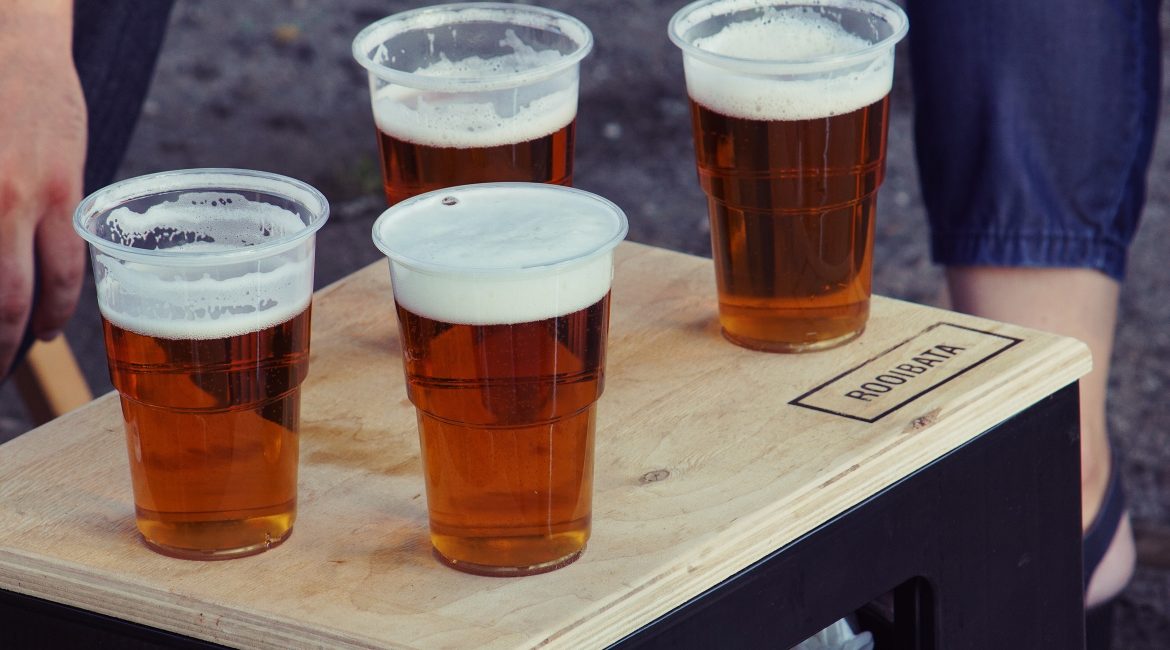It’s quite common for people in Auburn, WA, to enjoy a drink with dinner or after work with colleagues. Unfortunately, the alcohol may be the reason for your weight gain. Even something as innocent as one or two glasses of wine with supper can add to the struggle to lose weight. While that wine may have health benefits, it’s also loaded with calories and affects your body differently than calories from protein, fat, or carbohydrate sources. Depending on how much you drink and what you drink, it can increase the risk of type 2 diabetes and liver disease.
Alcohol slows the process of burning fat.
The body requires calories for energy, and it gets calories from food, drink, or the body. When your body doesn’t have enough calories, it uses the fat and protein stored. When you drink alcohol, the body uses the calories in alcohol first, then uses other sources, including the nutrients from food. The body views alcohol as a poison, so the mechanisms switch to eliminating it first, ignoring other processes. In doing so, it ceases burning fat and impairs the use of glucagon, which increases blood glucose levels as it breaks down fat. The drop in blood glucose levels makes you feel hungry, even though the alcohol has hundreds of calories.
Alcoholic drinks can contribute to belly fat.
Some alcoholic beverages have nutrients, but you’ll get more benefits from consuming the same number of calories from fruits and vegetables or protein sources. Even though umbrella drinks and wine can provide the same benefits you’d derive from the fruit juices they contain, they also are high in sugar. The body stores the calories from the sugar in the form of fat as it focuses on eliminating the alcohol from the body. For women with low estrogen levels, like women past menopause, an enzyme called Aldhlal causes the excess pounds to go to the mid-section, which causes belly fat.
Some alcoholic drinks do provide benefits, but only in moderation.
You won’t gain weight if you have one drink and stay within caloric limits. In fact, according to studies, drinking alcohol in moderation may have health benefits. Moderate alcohol consumption, defined as two drinks a day for men or one drink a day for women, may reduce the risk of Alzheimer’s or other types of dementia. Drinking beer or wine in moderation may boost the immune system, and the resveratrol in wine can be heart-healthy.
- Studies show that people who drink a glass of wine before dinner eat more than those who have a soft drink. It stimulates the appetite, so you eat more. You can save even more calories and switch from wine to water before meals. Water reduces hunger.
- Increased alcohol consumption causes insulin to spike. That can cause insulin resistance, which makes weight loss harder.
- Alcohol can slow the process of building muscles. Alcohol lowers testosterone levels, which slows muscle-building efforts. Fewer muscles mean a lower metabolism.
- A gram of alcohol has far more calories than a gram of carbohydrates, twice the calories as a gram of protein, and almost as much as a gram of fat. Fat is 9 calories per gram and alcohol is 7 per gram.
For more information, contact us today at Targeted Nutrition Technologies

